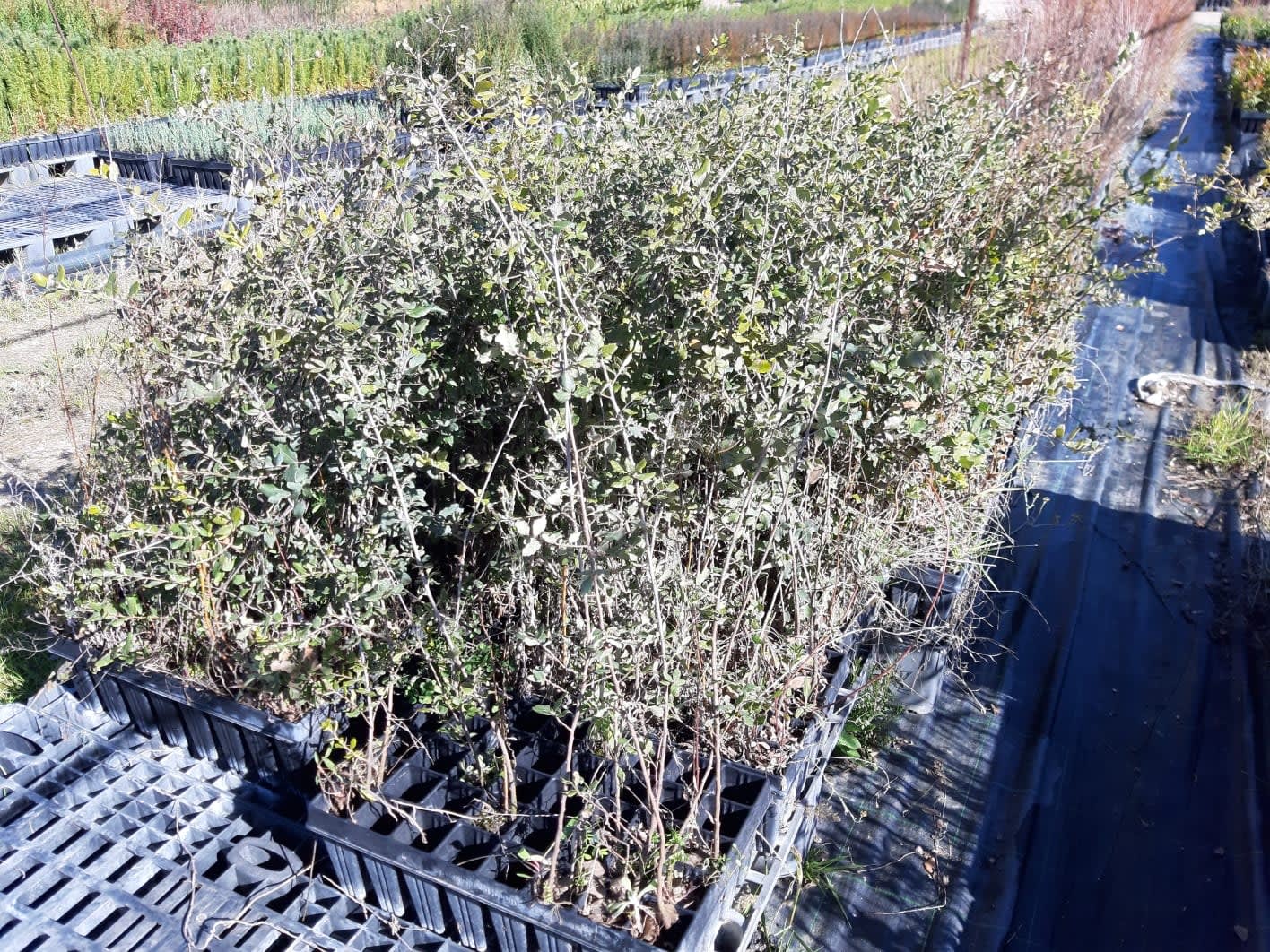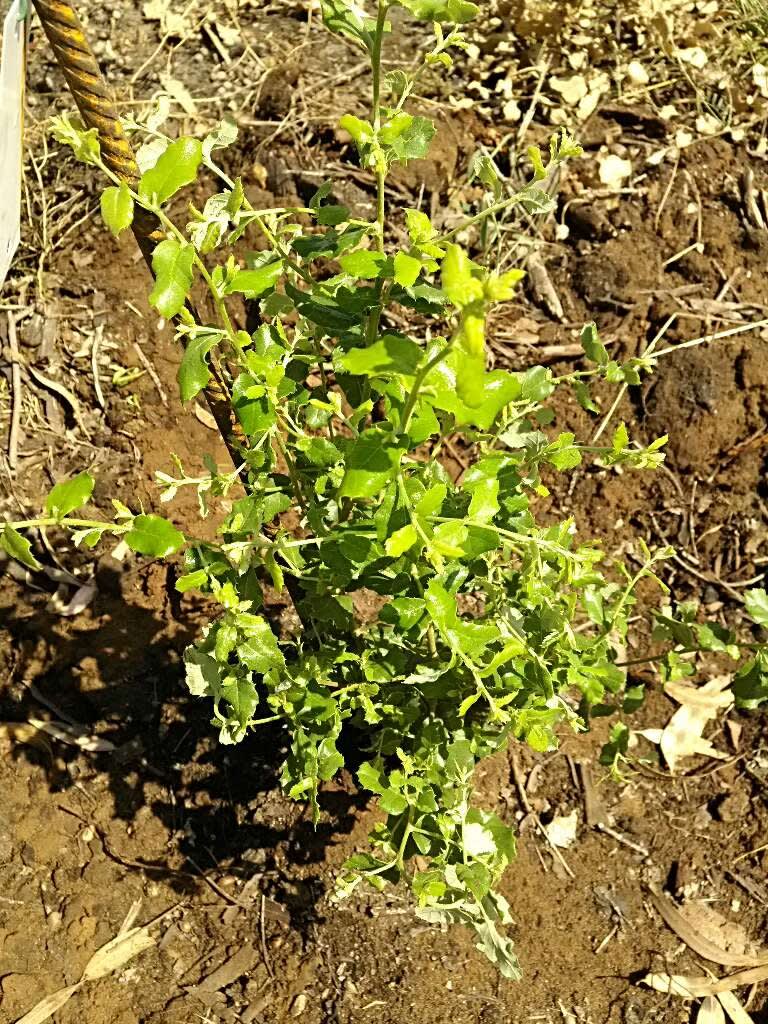ID: X9V-D58
ID: X9V-D58
Chêne-liège
Quercus suber
Photo
Italie
06:07 - 4°C
My connections
My ID card
Who am I?
Date of birth
05/04/2019
Name
Chêne-liège
Tree
Chêne-liège
Where am I located?
Country
Italie
Place of birth
Caltagirone
Coordinates
37° 9′ 10.14″ N
14° 32′ 50.59″ E
/14.547385783235,37.152816243995,0/500x333@2x?access_token=pk.eyJ1IjoidG9tbWFzb3NwZXJvbmkiLCJhIjoiY2tnOTE3eW12MDJqazMybXNzOWV1YjloOSJ9.wtGsuDU7XIKjcv2cq8CiXw&logo=false&attribution=false)
My Timeline
The important moments in your tree's life.
Semence
Tout commence par une petite graine, bien au chaud dans la terre.
Pépinière
Votre pousse est assez grande pour être accueillie dans l’une de nos pépinières, au milieu de beaucoup d’autres.
Plantation
Nous y sommes ! Votre arbre a atteint sa nouvelle maison : il a été planté par un agriculteur qui en prendra soin au fil du temps.
Photo
On prend la pose ! Maintenant qu’il est assez grand, voici la photo de votre arbre !
My Gallery
Pépinière

Plantation
/14.547385783235,37.152816243995,0/500x333@2x?access_token=pk.eyJ1IjoidG9tbWFzb3NwZXJvbmkiLCJhIjoiY2tnOTE3eW12MDJqazMybXNzOWV1YjloOSJ9.wtGsuDU7XIKjcv2cq8CiXw&logo=false&attribution=false)
14° 32′ 50.59″ E
Photo

Curiosity about me
The important moments in your tree's life.
Let's start with introductions
Un arbre à feuilles persistantes de taille moyenne, pouvant atteindre 20 mètres de hauteur avec un tronc de 1,5 mètre de diamètre. Répandu dans presque toute l'Europe, il peut vivre jusqu'à 300 ans. Son fruit est le gland.
Meaning
Frisson
De son écorce, des bouchons de liège sont produits.

Combien de CO2 vais-je absorber
L’estimation de ma capacité à absorber le CO2 est basée sur les 10 premières années de ma vie*
Absorption de courant
- 100 kg
2019
0 kg
2029
-200 kg
* L’arbre continuera à absorber du CO2 même après dix ans de vie. Par conséquent, il s’agit d’une estimation prudente.
How I am useful to local communities
My benefits
30%
Food Security
The trees will bear fruits, some that will be edible immediately and others that can become edible through processing, ensuring food resources over time.
70%
Economic development
The trees' fruits and the products derived from their transformation can be traded in local networks, offering income opportunities.
60%
CO₂ Absorption
During its life cycle, each tree will offset CO₂. The trees that you plant can offset your emissions.
70%
Environmental protection
The trees are planted in agroforestry systems that favor the virtuous interaction between the different species and their positive impact on the environment and on the land.